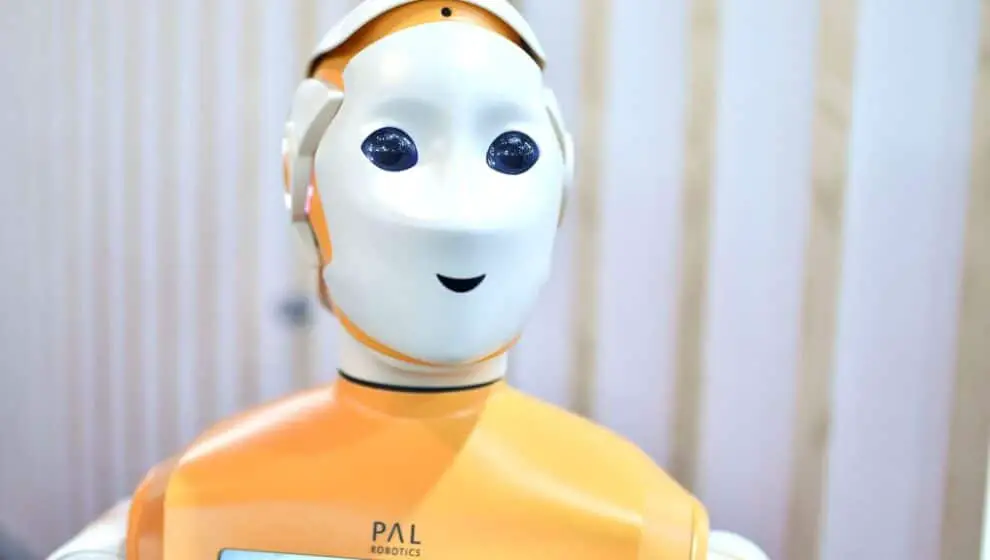While the U.S. economy struggles as tech giants lay off thousands of workers and the Silicon Valley Bank collapse raises concerns, industry leaders predict a tech industry boom.
Key Details
- Artificial intelligence (AI) is developing rapidly even while the broader economy struggles to recover from multiple setbacks.
- In the past, the tech industry’s significant transitions have happened during economic turmoil. In 1971 when the IBM PC first came on the market, the Federal Reserve had raised interest rates to 17%.
- During the recession of 1981-1982, the tech industry introduced modern technology such as computer mainframes, minicomputers, and personal computers.
- The iPhones were released during what is now known as the Great Recession.
- Now, tech experts expect the advent of ChatGPT and future AI developments to be the next shift in the tech industry.
Why it’s news
The tech industry may be struggling with layoffs and a shifting economic climate, but this is historically when the industry makes its biggest moves. Experts expect that this tech transition and new era of innovation will jumpstart the American economy, Axios reports.
While eras of economic difficulty have frequently resulted in new tech growth, generative AI development is a little different. Previous tech breakthroughs have resulted in new startups or individuals rising to the top. Projects like generative AI are expensive and require significant computing power, meaning existing tech giants are funding or leading the development.
The same Big Tech companies leading AI development are laying off hundreds of thousands of employees. Many of the employees being let go are in departments that cover topics such as ethics, diversity, and privacy. These are some of the very issues critics of AI are concerned about, Axios reports.
Additionally, a reboot from the tech industry may not be enough to jumpstart the entire economy. Much larger sectors—real estate, health care, retail, and energy—influence the overall economic conditions.
Backing up a bit
Several large companies have announced mass layoffs in recent months, but these cost-cutting measures have lasting effects that might outweigh the cost savings. Layoffs are often enacted to cut back on expenses, but studies have found that employees who aren’t released may drop off in productivity after a mass layoff.
Following layoffs, companies may also see increased turnover as employees look to flee what they see as a sinking ship. To make matters worse for companies, these often are top performers.
Company culture can also be strongly affected by layoffs as anxious employees fight among themselves to look better than their colleagues in the eyes of a manager. While layoffs may sometimes be unavoidable, companies should also be aware of the downsides.
